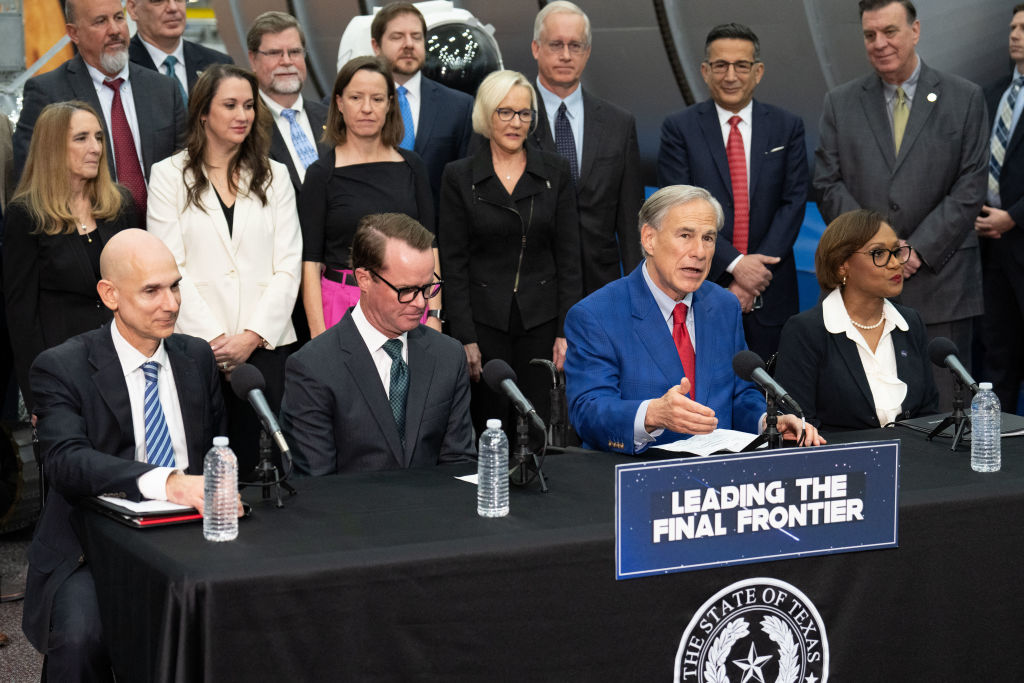At the beginning of 2024, proponents of legalizing destination gambling in Texas were optimistic about their chances following the momentum gained in the prior year’s legislative session. However, as the year came to a close, their ambitions lay in tatters, while Texans opposed to gambling became increasingly organized in preparation for the 2025 legislative session.
To kick off the year, Sands, a major player in the gambling industry, signaled its intention to continue its aggressive campaign to bring casinos to Texas. Building on the previous legislative session, the company led pro-gambling lobbying efforts, managing to advance a measure to the Texas House floor before it ultimately failed. Sands needed to protect lawmakers who had supported pro-gambling interests and ensure the current House leadership remained empowered. Spoiler alert: they failed on both fronts.

Once again, Sands PAC funneled substantial campaign contributions to key Texas politicians, distributing $1.8 million in total. Of that, $1.34 million went to Republicans, while $457,500 went to Democrats. House Speaker Dade Phelan received $200,000, making him the largest beneficiary of casino money during the pre-primary period. Despite this, the financial support didn’t achieve its intended outcomes. Phelan was forced into a runoff, and several of his pro-casino allies were ousted by primary voters.
One of the most notable defeats was that of State Rep. John Kuempel (R-Seguin), a central figure in the House’s efforts to expand gambling. Kuempel’s loss was particularly symbolic, given his late father’s history of bipartisan efforts to expand gambling in Texas.
Sands PAC’s efforts in the runoffs were bolstered by the Texas Defense PAC, an entity entirely funded by Sands’ owner Miriam Adelson. She spent over $9 million supporting embattled House incumbents and Speaker Phelan’s allies. Despite these efforts, the results of the runoff elections were a blow to Sands. Phelan narrowly survived his runoff by a few hundred votes, but 14 Republican members who had previously supported Sands-backed legislation either lost their races or opted to retire.
Following these setbacks, Patrick Dumont, president of Las Vegas Sands and co-owner of the Dallas Mavericks, expressed pessimism about the company’s casino ambitions in Texas. Still, the year wasn’t over, and further developments continued to shape the narrative.
In a bid to stabilize his speakership, Phelan appointed Mike Toomey, a taxpayer-funded casino lobbyist, as his new chief of staff. This move highlighted both the challenges facing Phelan and the potential for gambling legislation to resurface as a contentious issue in the 2025 session.

Meanwhile, Sands continued its efforts to influence public opinion, announcing a $15 million donation to the University of Nevada, Las Vegas (UNLV) to establish a Chinese Appreciation Institute. This move coincided with Texas Governor Greg Abbott’s announcement of measures to counteract Chinese influence in the state.
Although Sands is headquartered in Las Vegas, it is a Chinese casino operator with no U.S.-based casino interests, a fact that complicates its reputation and raises questions about its intentions in Texas.
By December, the year concluded with another major blow to Sands when Phelan withdrew from the speaker’s race ahead of the GOP caucus vote. This marked the end of a difficult year for Sands and its casino ambitions in Texas.
The events of 2024 demonstrated that even with massive financial investments, the path to expanding gambling in Texas is fraught with obstacles. Sands is learning the same lesson as previous advocates of gambling expansion: nothing in Texas politics is guaranteed.




